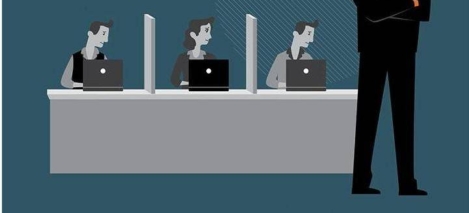April 12, 2016
London’s first timber skyscraper could be a step closer to reality 0
 Londoners may reportedly be growing concerned over the proliferation of tall buildings, but what if they were constructed in wood, rather than steel and concrete? This is the possibility raised by researchers from Cambridge University’s Department of Architecture, who are working with PLP Architecture and engineers Smith and Wallwork, on the development of tall timber buildings in central London. The use of timber is an area of emerging interest for its potential benefits; the most obvious being that it is a renewable resource. Researchers are also investigating other potential benefits, such as reduced costs and improved construction timescales, increased fire resistance, and significant reduction in the overall weight of buildings. Mayor of London Boris Johnson has now been presented with conceptual plans for an 80-storey, 300m high mixed use wooden building integrated within the Barbican.
Londoners may reportedly be growing concerned over the proliferation of tall buildings, but what if they were constructed in wood, rather than steel and concrete? This is the possibility raised by researchers from Cambridge University’s Department of Architecture, who are working with PLP Architecture and engineers Smith and Wallwork, on the development of tall timber buildings in central London. The use of timber is an area of emerging interest for its potential benefits; the most obvious being that it is a renewable resource. Researchers are also investigating other potential benefits, such as reduced costs and improved construction timescales, increased fire resistance, and significant reduction in the overall weight of buildings. Mayor of London Boris Johnson has now been presented with conceptual plans for an 80-storey, 300m high mixed use wooden building integrated within the Barbican.




































April 12, 2016
Women who feel valued at work will help close the gender pay gap 0
by Mark Bull • Comment, Flexible working, Wellbeing, Workplace
(more…)